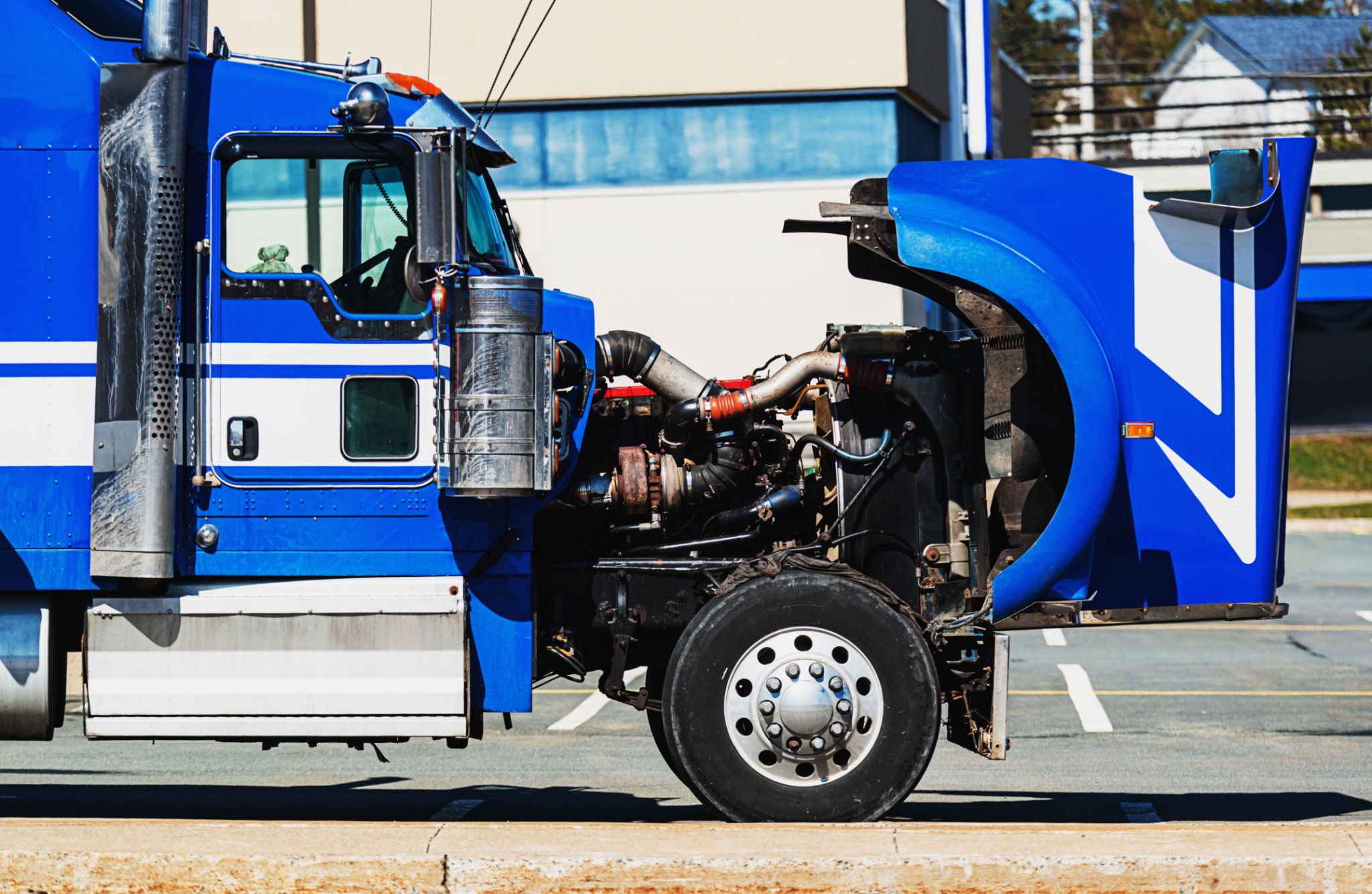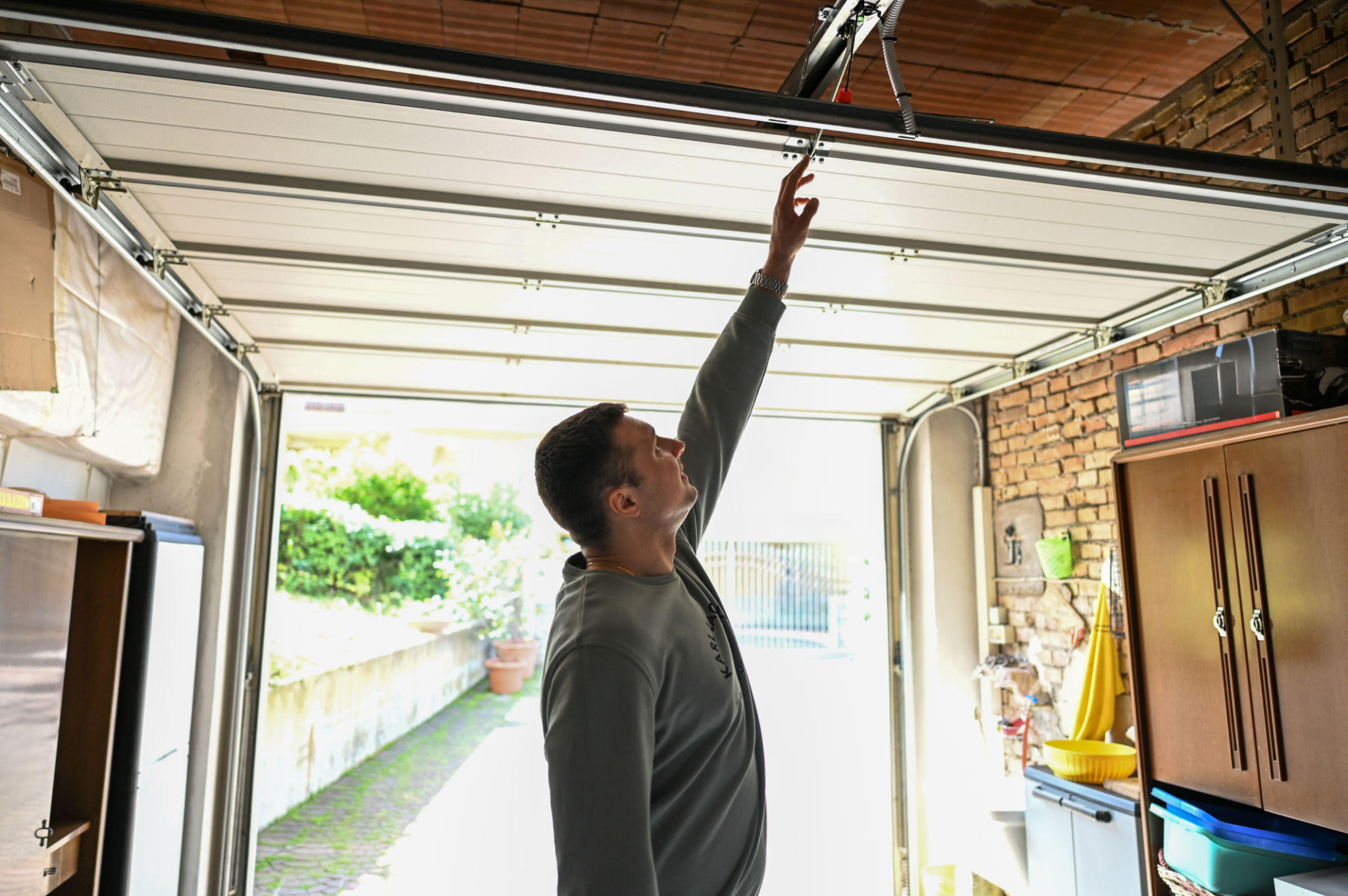DIY Car Maintenance: What You Can Do and When to Call a Pro
Understanding the Basics of DIY Car Maintenance
Maintaining your car doesn’t always require a trip to the mechanic. By learning some basic car maintenance tasks, you can save money and keep your vehicle in top shape. However, it's crucial to know your limits and understand when it's best to leave certain tasks to the professionals.

Simple Tasks You Can Handle Yourself
There are several car maintenance tasks that are simple enough for most people to handle on their own. These tasks not only save you money but also help you become more familiar with your vehicle.
- Oil Changes: Regular oil changes are essential for keeping your engine running smoothly. With the right tools, you can easily perform an oil change in your driveway.
- Battery Checks: Ensuring that your battery terminals are clean and secure can prevent starting issues.
- Wiper Blade Replacement: Worn-out wiper blades can be replaced in minutes and ensure clear visibility during rain.
Keeping an Eye on Tire Health
Tires are one of the most critical components of your vehicle. Regularly checking their condition can prevent accidents and improve fuel efficiency.
- Tire Pressure: Keeping your tires at the recommended pressure improves fuel efficiency and extends tire life. A tire pressure gauge is a handy tool for this task.
- Tire Rotation: Rotating your tires every 5,000 to 8,000 miles ensures even wear and prolongs their lifespan.

When to Call a Professional
While DIY maintenance can be rewarding, understanding when to call a professional is crucial for safety and preventing costly damage. Some tasks require specialized knowledge and tools that are best left to experts.
Complex Repairs and Diagnostics
Issues such as engine problems, transmission repairs, and electrical system diagnostics often require a professional's expertise. Attempting these repairs without proper knowledge can lead to further damage.
Engine Troubles: If your check engine light is on or you notice unusual noises or performance issues, it’s time to visit a mechanic.

Brake System Maintenance
Your vehicle’s braking system is vital for safety. Any signs of brake failure, such as squeaking or reduced responsiveness, should be addressed by a professional immediately.
- Brake Pads and Rotors: Replacing brake pads and rotors requires precision and specific tools that a professional mechanic is well-equipped to handle.
The Balance Between DIY and Professional Help
Striking a balance between DIY car maintenance and knowing when to seek professional help is key. Regularly performing simple maintenance tasks can extend the life of your vehicle, but recognizing when a problem requires expert attention is essential for safe driving.

